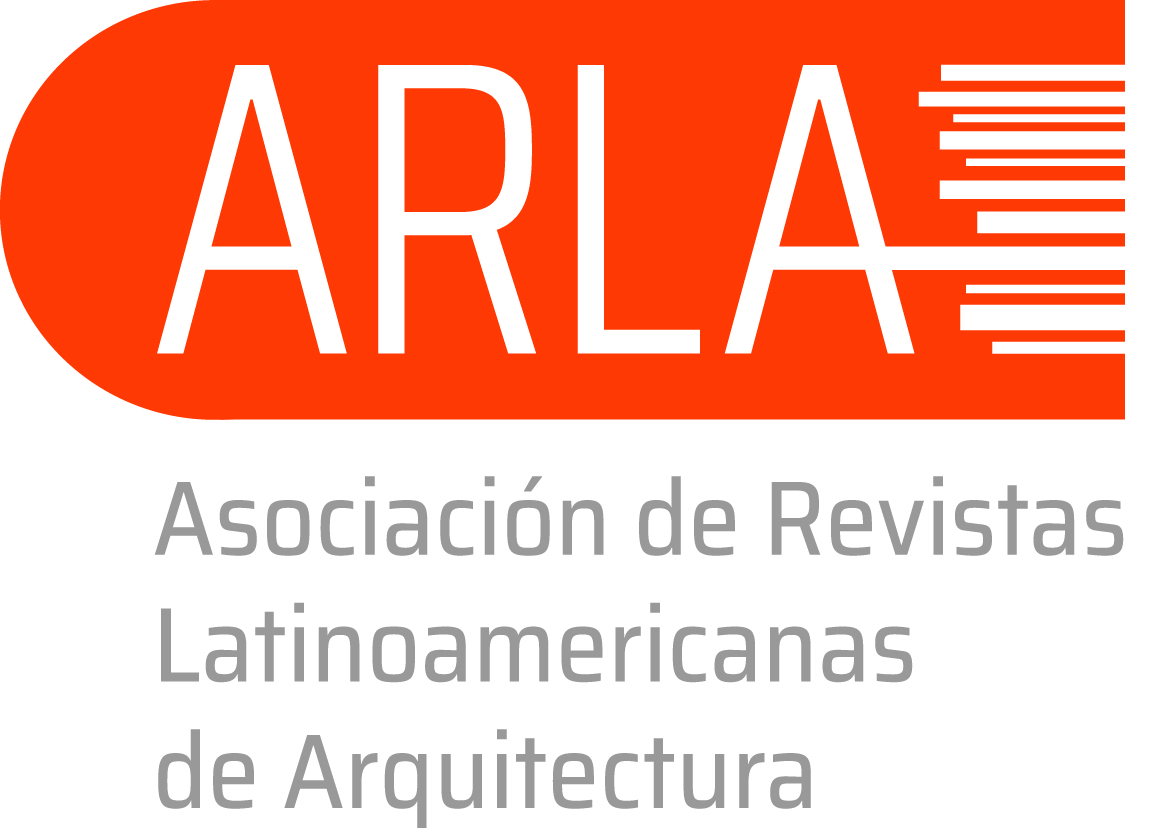Living territories: oral history and informed participation in the construction of cities
DOI:
https://doi.org/10.62486/gen202439Keywords:
Oral history, Memory, Heritage, Urban planning, Right to the cityAbstract
From the perspective of contributing to debates related to memory, heritage and identity, we start from the assertion that oral history, as a method, can be used to understand how subjects relate to the territories in which they live, in the urban context. By mobilizing memory as a device, their perceptions can inform not only how they witnessed and experienced territorial transformations over time, but, above all, anticipate future problems that should guide urban planning. It is also assumed that any public intervention in the construction of cities, which aims to be effective and democratic, must include the participation of plural subjects, considering their lived and conceived histories. Here we align ourselves with Henri Lefebvre in his formulations on the right to the city. The challenge for the scientific community is precisely to promote this practice from a multidisciplinary perspective. Unfortunately, in Latin America there are more and more urban “revitalization” processes that ignore the plurality of subjects that should be integrated into the planning of the territories where they live and work. On this occasion, we will discuss these issues, based on some Brazilian experiences, with the aim of answering how oral history, as a method, could contribute to the construction of cities that are more welcoming and less hostile for all their inhabitants. Including going deeper, in practice, into the concepts of identity and belonging.
References
AMADO, Janaína; FERREIRA, Marieta de Moraes. Apresentação. In: . Usos e abusos da história oral. 8. ed. Rio de Janeiro: Ed. da FGV, 2006.
CAMPOS, Eudes. Nos caminhos da Luz, antigos palacetes da elite paulistana. Anais do Museu Paulista: História e Cultura Material, v.13, n. 1, p. 11-57, 2005. DOI: https://doi.org/10.1590/S0101-47142005000100002
CANCLINI, Néstor Garcia. Culturas híbridas: estratégias para entrar e sair da modernidade. 4ª ed. São Paulo: Ed. USP, 2003.
FERNANDES, Edésio. Constructing the "Right of the City" in Brazil. Social and Legal Studies. Los Angeles, Londres, Nova Delhi e Cingapura, v. 16, n. 2, p. 201-219, 2007. DOI: https://doi.org/10.1177/0964663907076529
FREIRE, Cintia Mirlene Pela. Do outro lado da linha do trem: História e intervenções no bairro Lagoinha. Cadernos de História, v. 12, n. 16, p. 110-136, mai. 2011.
HARVEY, David. O direito à cidade. Lutas Sociais, São Paulo, n. 29, p. 73-89, jul-dez. 2012.
HARVEY, David. Cidades rebeldes: do direito à cidade à revolução urbana. São Paulo: Martins Fontes, 2014.
LANNA, Ana Lúcia Duarte. São Paulo, os estrangeiros e a construção das cidades. São Paulo: Alameda, 2011.
LEFEBVRE, Henri. Le droit à la ville. Paris: Anthropos, 1968.
LEFEBVRE, Henri. O Direito à Cidade. 5ª ed. São Paulo: Ed. Centauro, 2008.
PORTELLI, Alessandro. O que faz a história oral diferente. Projeto História, n. 14, São Paulo, fev. 1997.
SALGADO, Nayara de Amorim; SILVA, Bráulio Figueiredo Alves da. Estudo sobre o bairro Lagoinha em Belo Horizonte (MG - Brasil). Entre a tradição, a decadência e a cracolandia: “crônica de uma morte anunciada?”. Novos Cadernos NAEA, [S.l.], v. 21, n. 3, dez. 2018. DOI: https://doi.org/10.5801/ncn.v13i3.5402
Published
Issue
Section
License
Copyright (c) 2024 Karina Oliveira Morais dos Santos (Author)

This work is licensed under a Creative Commons Attribution 4.0 International License.
The article is distributed under the Creative Commons Attribution 4.0 License. Unless otherwise stated, associated published material is distributed under the same licence.






